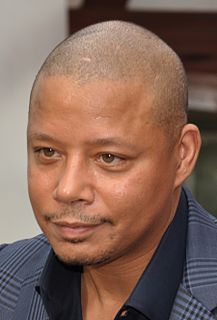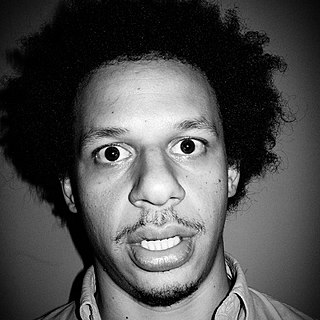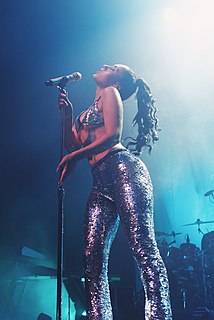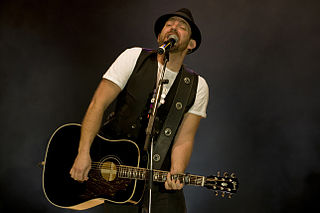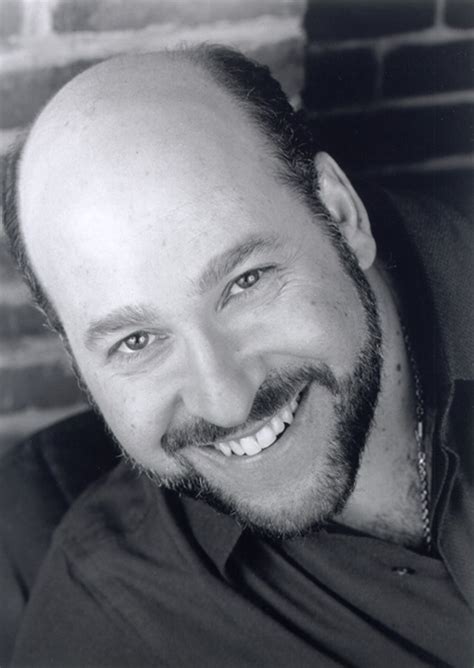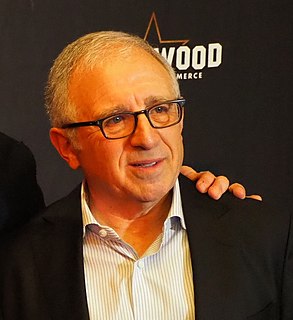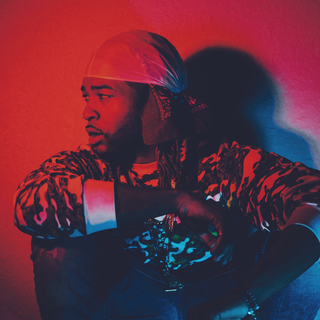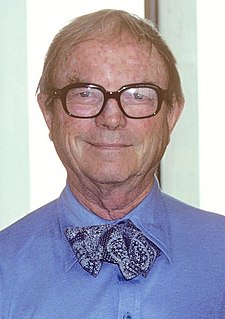A Quote by Terrence Howard
Every one of us is an artist, and as an artist, you really can stroll into any venue that you want, as long as you take your time to learn the etiquette of that venue.
Related Quotes
For us, as artists, our goal isn't to forever try to play at the biggest venue ever. Our goal is to make music and keep pushing ourselves creatively, whether it gets attention or not. If we get to do that without being broke? That's our goal. And that may not mean that's going to result in us playing the biggest venue in the world.
I am an artist, and I understand the pros and cons of being an artist, and the pressures of being an artist, and how much being an artist can be torture to people around you; you know, you friends and your family and how material you can be, and how it's hard to take criticism and all the things like that.
Every great artist must begin by learning to draw with the single line, and my advice to young animators is to learn how to live with that razor-sharp instrument or art. An artist who comes to me with eight or ten good drawings of the human figure in simple lines has a good chance of being hired. But I will tell the artist who comes with a bunch of drawings of Bugs Bunny to go back and learn how to draw the human body. An artist who knows that can learn how to draw ANYTHING, including Bugs Bunny.
